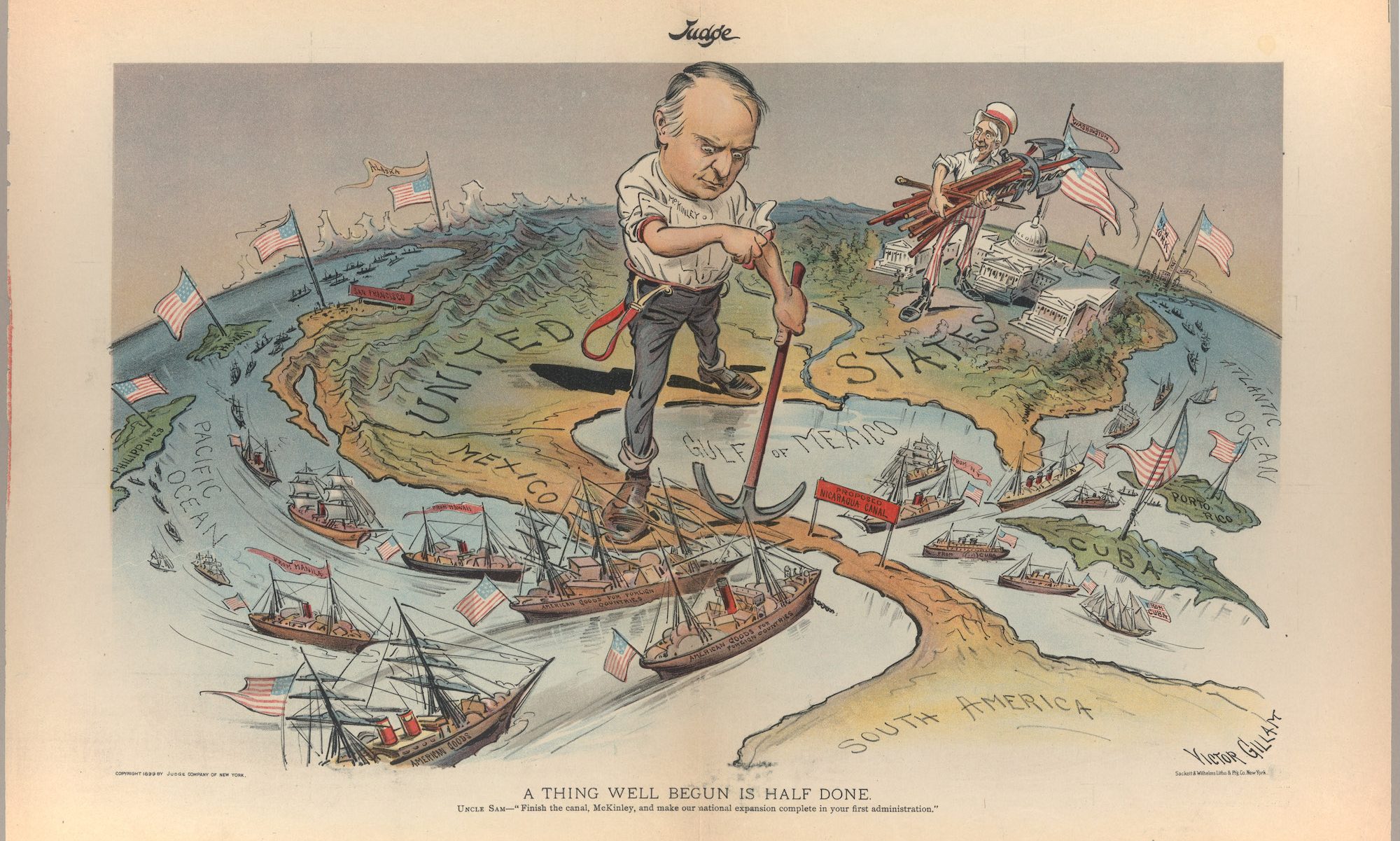So what are political parties?
Burke’s definition of party as “a body of men united, for promoting by their joint endeavours the national interest, upon some particular principle in which they are all agreed” is frequently cited (and disparaged) as idealistic. Commager (1950, 309), for instance, preferred “a body of men—and women—organized to get control of the machinery of government.” Dismissing Burke as ignorant of pragmatism in politics requires an overly hasty judgment or a poor reading of the text, however, especially given that in the same paragraph Burke scorns “the speculative philosopher” who seeks to mark “the proper ends of Government” in favor of “the politician, who is the philosopher in action”. Burke’s politicians form their “connexion” to “to put the men who hold their opinions into such a condition as may enable them to carry their common plans into execution, with all the power and authority of the State.”[1] And this entailed a common duty among a party’s members to fight for power and organize each other:
They are bound to give to their own party the preference in all things; and by no means, for private considerations, to accept any offers of power in which the whole body is not included; nor to suffer themselves to be led, or to be controuled, or to be over-balanced, in office or in council, by those who contradict the very fundamental principles on which their party is formed, and even those upon which every fair connexion must stand.
A close reading will show that Burke’s full definition of party as aiming to control “the power and authority of the State” is a definition far closer to Commager’s than he realized. But Burke had already gone beyond Commager in defining the relationship of policy to the party. “Principle”, as Burke employs the term, resembles a party platform aimed rather than some airy and abstract philosophy. Indeed, Burke explicitly recognizes the importance of solidarity and the temptations that might break it (“to accept any offers of power in which the bole body is not included”) and those that would lead to the solidifying of one faction against another (“the preference in all things”)—a more active and experienced concept.
Burke’s view on parties is even closer to that of the “UCLA school” (Bawn et al. 2012, 579), although they also commit the same misreading of Burke as did Commager. Bawn et al argue, contra Commager and even more Aldrich (1995), that politicians are not the center of parties. Instead, as for Burke’s partisans, politicians are the instruments through which “policy demanders” contest for the policy outcomes they desire: “interest groups and activists form coalitions to nominate and elect politicians committed to their common program.” If we remember that for Burke, “politician” was a more general category than “officeholder” or “candidate” and described those who gathered together to “put the men who hold their opinions” into influence in order to execute a common program, then it becomes apparent that the two definitions resemble each other much more than has been recognized. They are not, however, identical: Bawn et al differ profoundly from Burke in their view of the precedence of party and ideology. Whereas Burke believed that politicians gathered along preexisting divisions over “great leading general principles in Government”, Bawn et al describe a process of endogenous ideological formation in which the coming-together of interest groups produces a partisan goal (573-575).
